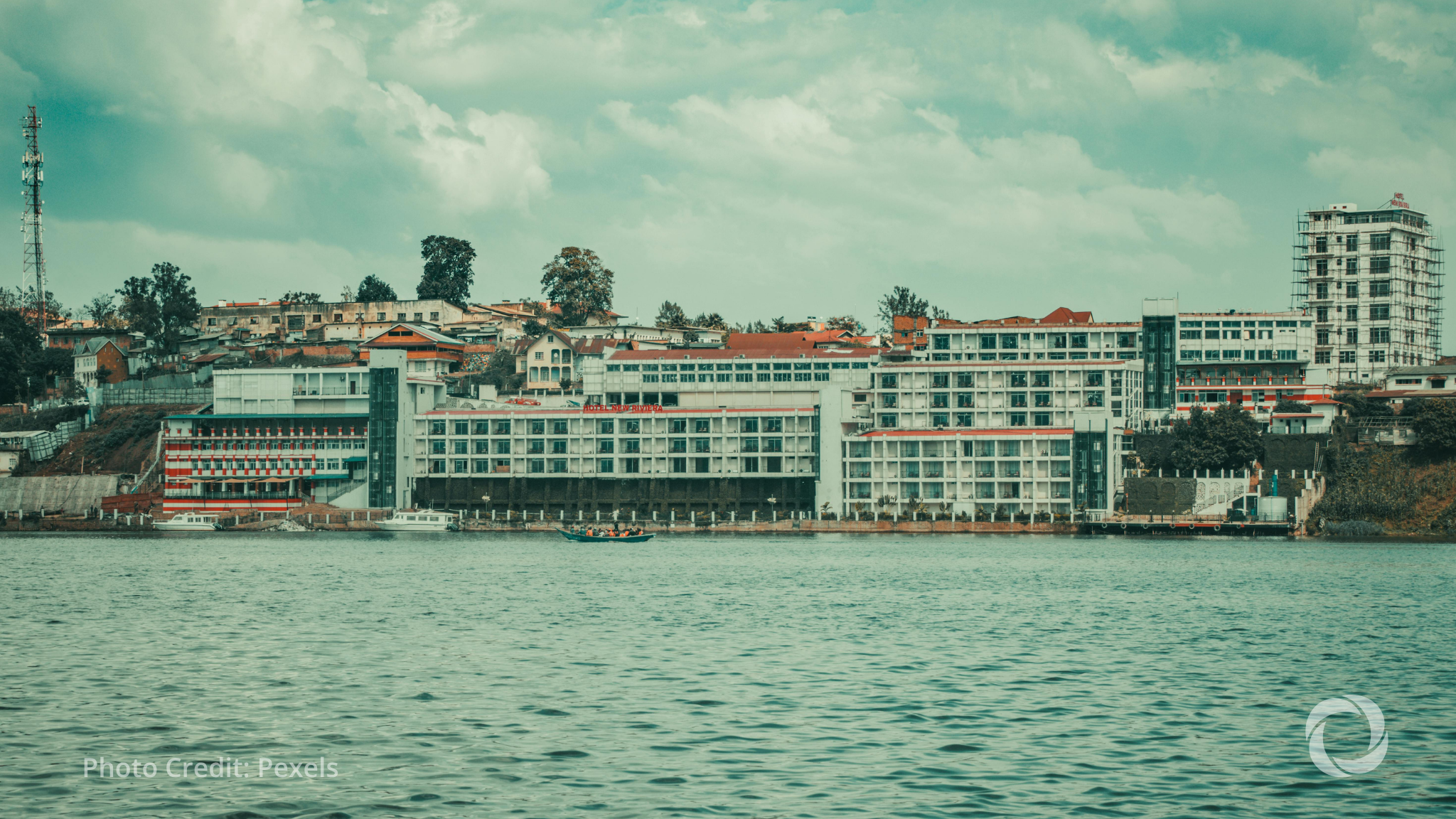The World Bank has approved $60 million to help the Republic of Congo fight erosion and floods while upgrading infrastructure in its two biggest cities, Brazzaville and Pointe-Noire, the bank announced. The Strengthening Urban Resilience Project will directly benefit about 575,000 residents and create over 450,000 person-days of temporary employment.
The Republic of Congo stands out as one of Africa’s most urbanized countries, with 70% of its population living in cities. More than half the nation lives in just two places: Brazzaville and Pointe-Noire. Cheick F. Kante, World Bank Division Director for the Republic of Congo, says the country also ranks among the most vulnerable and least ready to handle climate change. “Hence the importance of this project in supporting the Republic of Congo in its efforts to improve climate resilience in urban areas,” he said.
The project takes a multi-sectoral approach, channeling money into climate risk reduction, urban infrastructure, and public facilities to make both cities more livable and better able to withstand climate shocks. It will also help national and local institutions get better at resilient urban planning and management.
Alexandra Celestin, World Bank Country Manager for the Republic of Congo, says major infrastructure gaps in both cities mean rising erosion and flood risks that threaten large numbers of people and hurt economic growth every year.
“This project will address these gaps, helping to reduce climate risks, expand access to infrastructure and services, foster socio-economic development, improve living conditions and support job creation,” she explained.
The work fits with the government’s National Development Plan 2022-2026 by advancing urban infrastructure and climate resilience while creating jobs and supporting local development. Project preparation got technical help from the Global Facility for Disaster Reduction and Recovery, the City Climate Finance Gap Fund, the Quality Infrastructure Investment Partnership, and the Global Center on Adaptation.

